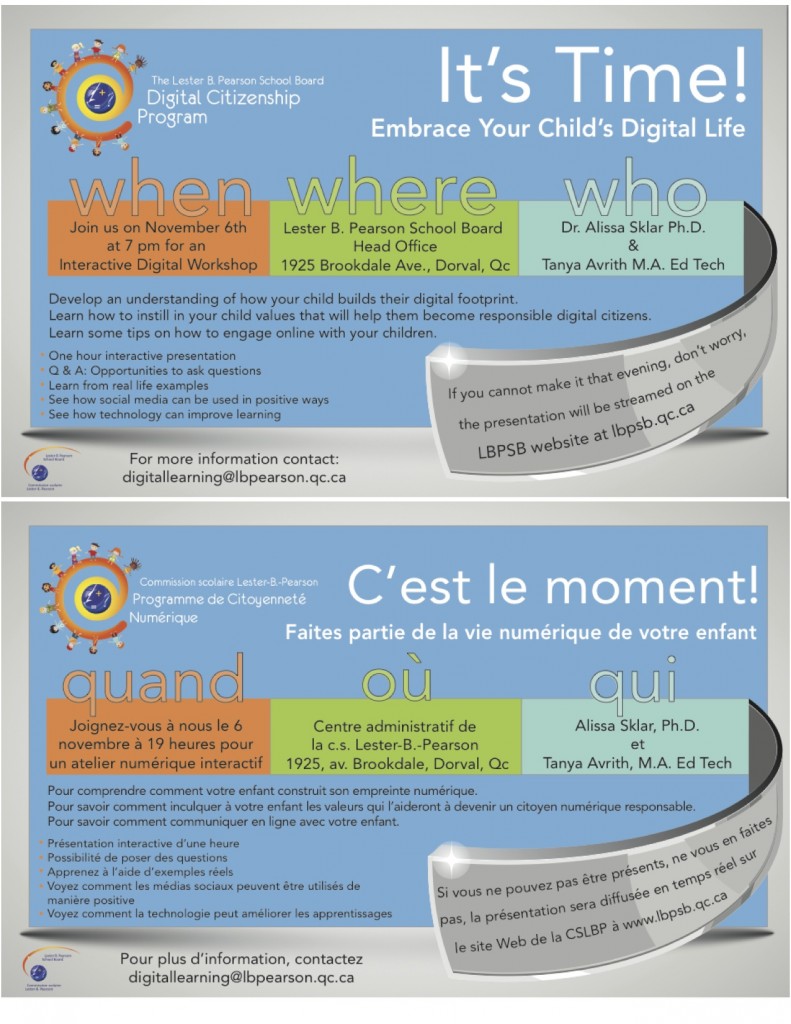 When parents of small children hear about kids who have problems with alcohol, drugs, smoking, unsafe sexual practices, cutting or gambling, they tend to think something along the lines of “Wow, I’m so glad I don’t have to worry about that stuff YET. My kid is only in a) day care b) kindergarten c) 5th grade. I’ve got YEARS before I need to think about it.” They are wrong. Decades of research on risk and protective factors underscore the importance of the things we do with our kids when they are small. What do I mean by that? Not necessarily discussing the nitty gritty details of prescription drug abuse, binge drinking or condom use on the way home from the playground (though if you are waiting until they are 12, it’s too late). I mean understanding what factors put kids at risk and what we can do to make them more resilient. Learn strategies to teach them self-control, problem-solving and decision-making. Teach them how to speak up for themselves. Help them practice active coping skills. Next: Give them information about these things in small, steady, age-appropriate ways from the time they are old enough to appreciate your family values – do you have a glass of wine with dinner? Does Grandpa like a glass of scotch in the evening? Does anyone you know smoke? Avoid – at all costs – lecturing them in one single Talk (which usually comes well after they have (mis)educated themselves with schoolyard theories and Google). You can see here for one example of how we can turn this kind of conversation into a less awkward, more practical everyday affair. Want to know more? Come join us tomorrow to hear the how’s, where’s and why’s of these strategies in a talk at the YM-YWHA tomorrow evening, November 12th at 7:30 p.m. 5400 Westbury Ave. (corner Cote Ste. Catherine). Register: 514-737-6551 ext. 258 or sbenmergui@ymywha.com
When parents of small children hear about kids who have problems with alcohol, drugs, smoking, unsafe sexual practices, cutting or gambling, they tend to think something along the lines of “Wow, I’m so glad I don’t have to worry about that stuff YET. My kid is only in a) day care b) kindergarten c) 5th grade. I’ve got YEARS before I need to think about it.” They are wrong. Decades of research on risk and protective factors underscore the importance of the things we do with our kids when they are small. What do I mean by that? Not necessarily discussing the nitty gritty details of prescription drug abuse, binge drinking or condom use on the way home from the playground (though if you are waiting until they are 12, it’s too late). I mean understanding what factors put kids at risk and what we can do to make them more resilient. Learn strategies to teach them self-control, problem-solving and decision-making. Teach them how to speak up for themselves. Help them practice active coping skills. Next: Give them information about these things in small, steady, age-appropriate ways from the time they are old enough to appreciate your family values – do you have a glass of wine with dinner? Does Grandpa like a glass of scotch in the evening? Does anyone you know smoke? Avoid – at all costs – lecturing them in one single Talk (which usually comes well after they have (mis)educated themselves with schoolyard theories and Google). You can see here for one example of how we can turn this kind of conversation into a less awkward, more practical everyday affair. Want to know more? Come join us tomorrow to hear the how’s, where’s and why’s of these strategies in a talk at the YM-YWHA tomorrow evening, November 12th at 7:30 p.m. 5400 Westbury Ave. (corner Cote Ste. Catherine). Register: 514-737-6551 ext. 258 or sbenmergui@ymywha.com
-
Search It!
-
Recent Entries
- Civil discourse in difficult times is challenging but essential. Here are some tools.
- Pandemic parenting: 6 Ways to rethink screentime for kids & teens
- Fostering Respect & Civility Online: What Parents & Kids Need to Know
- In the News: Talking to CTV News About Kids, Screens, Gaming & Social Media
- When is a soda not a soda?
- Public Workshop: The Teenage Brain – a Practical How-to Guide for Parents
- Advice from a transgender kid, their parent & sibling
- Two parent presentations on digital parenting coming up in Montreal area
- Stranger danger online: What parents need to know
- iPhone and Android are tracking your locations: How, where and what to do about it
-
Links
- Canadian Mental Health Association – Eating Disorders
- Canadian Mental Health Association – Self-Injury
- International Centre for Youth Gambling Problems and High-Risk Behaviors
- McGill University – Define the Line
- Media Awareness Network – Be Web Aware
- Mental Health America — Depression in Teens
- NIAA Talk To Your Child About Alcohol
- NIAA Talk To Your Child About Alcohol
- Physicians for a Smoke-Free Canada
- Scarleteen
- The Canadian Don't Do Drugs Society



